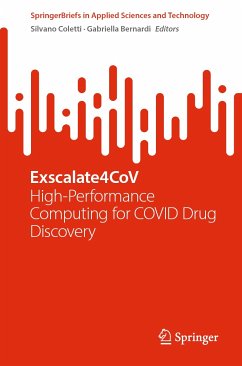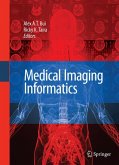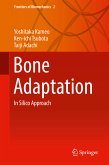Coronavirus disease has become an important public issue across the globe since December 2019. There is an urgent need to develop potent anti-COVID-19 agents for the prevention of the outbreak and stop viral infections.
To this aim, a public-private consortium composed by European and national infrastructures, center of excellence, universities, and a pharmaceutical company started the E4C Horizon 2020 European
Project: Its core idea was to use the EXaSCale smArt pLatform Against paThogEns (EXSCALATE) supercomputing platform for a process known as "drug repurposing", namely to identify the most promising safe in man drugs for immediate treatment of the already infected population and then novel pan-coronavirus inhibitors to address future emergencies.
This ambitious goal exploited a "chemical library" of 500 billion molecules, thanks to a processing capacity of more than 3 million molecules per second, made available by the computing power of the EXSCALATE platform.
Dieser Download kann aus rechtlichen Gründen nur mit Rechnungsadresse in A, B, BG, CY, CZ, D, DK, EW, E, FIN, F, GR, HR, H, IRL, I, LT, L, LR, M, NL, PL, P, R, S, SLO, SK ausgeliefert werden.









